In the corner of BrewLab, a bustling coffee shop in Jeddah, a twenty-something Saudi woman sips her flat white while typing away on her laptop. The scene feels perfectly ordinary in modern Saudi Arabia — but would have been unthinkable three decades ago. Back then, coffee was brewed in the warmth of a family majlis, served in delicate finjancups as part of a ritual steeped in hospitality and tradition.
As the weather cools this time of year, coffee shops across Saudi Arabia fill with life, as people enjoy the pleasant weather and vibrant ambiance. In Jeddah alone, there are over 650 coffee shops, reflecting a growing trend fueled by a 4.78% increase in new cafés over the past year. From casual gatherings to professional brainstorming sessions, these spaces have become integral to the fabric of Saudi social life — especially during the cooler months when outdoor activities are at their peak.
Today, this centuries-old cultural emblem has transformed into a bridge between heritage and modernity. From the dallahto cold brews, Saudi coffee culture reflects a society in transition.
“For Saudis, coffee is not just a drink; it’s a medium for connection, whether in a family gathering or a café brainstorming session,” notes sociologist Dr. Youssef Al-Mutairi.
What does coffee mean to Saudis today? And how has it shaped their evolving social landscape? Explore the journey of this beloved beverage — where cardamom meets cold brew — blending tradition with modern identity.
Arabic coffee: deep roots, rich heritage
If you’ve ever been to a Saudi home, you’ve likely experienced the ritual of being offered Arabic coffee, or qahwa, served in small cups alongside dates. It’s more than a simple act of hospitality; it’s a tradition that carries centuries of cultural significance. From desert camps to modern specialty coffee shops, coffee has woven itself into the very fabric of Saudi social life.
The tradition of drinking Arabic coffee has deep roots in the Arabian Peninsula. Historically, coffee ceremonies were central to Bedouin life, symbolizing generosity and hospitality. Guests would be greeted with a dallah, a traditional coffee pot, and the host would pour coffee in a ritualistic manner, serving the eldest or most honored guest first. It was — and still is — a sign of respect and warmth.
Statistics from the Saudi General Authority for Statistics indicate that coffee consumption in Saudi Arabia is steadily increasing, with an estimated annual consumption of over 80,000 tons. This trend underscores the cultural importance of coffee as a means of social connection.
Dr. Hanan Al-Harbi, a cultural historian, explains: “The act of offering coffee is deeply ingrained in our social interactions. It’s a way of showing respect and building connections, both in personal and professional settings. Historically, it was even a tool for conflict resolution, as disputes were often settled over a shared pot of coffee.”
For context, while coffee in Saudi Arabia is deeply ceremonial, its Western counterpart often emphasizes convenience — think takeaway cups and drive-thru coffee shops. The contrast highlights the enduring value Saudis place on the act of gathering and connecting through this shared tradition.
The rituals that keep Arabic coffee alive
One of my earliest memories involves sitting cross-legged with my grandfather as he roasted coffee beans over an open flame. He’d grind them by hand and brew the coffee with cardamom and sometimes saffron, filling the air with a fragrance that felt like a warm embrace. Even today, the preparation and serving of Arabic coffee remain ceremonial.
The pouring of qahwa into small finjan cups, never filling more than a third of the cup, signifies humility and a sense of duty to serve. Guests sip their coffee with the right hand, and the cup is refilled unless they gently shake it to indicate they’ve had enough. This ritual, passed down through generations, reinforces bonds between families and communities.
In comparison, many modern coffee cultures — such as in the U.S. or Europe — revolve around personal convenience and individual consumption. By contrast, Saudi coffee culture prioritizes shared experiences and the symbolism of service, making every cup an act of connection.
How specialty coffee fuels Saudi youth
In recent years, Saudi Arabia has experienced a coffee revolution, driven largely by its younger generation. Specialty coffee shops have rapidly emerged in cities like Riyadh and Jeddah, creating new spaces for social interaction. According to a report by Euromonitor International, the Saudi coffee market grew by 9.6% in 2023, with specialty coffee being a significant growth driver.
Visiting one of these coffee shops is a unique experience. You’ll find young Saudis sipping cold brews and flat whites, engaged in lively discussions or working on laptops. These cafés have become hubs of creativity and social exchange, bridging traditional values with modern lifestyles.
“We’ve embraced specialty coffee because it allows us to express our individuality while still honoring our cultural love for coffee,” says entrepreneur and café owner Khalid Al-Dabbagh. “In a way, these cafés are our modern-day majlis, where ideas flow as freely as the coffee.”
This shift mirrors trends in other parts of the world — such as Japan, where traditional tea culture has blended with modern café concepts. However, Saudi Arabia’s unique blend of heritage and innovation sets it apart, making its coffee revolution not just a trend but a cultural evolution.
Coffee shops: the new majlis in Saudi Arabia
Specialty coffee shops have transformed the way Saudis socialize. Whereas gatherings once took place primarily in homes or traditional majlis settings, they now often occur in bustling cafés. These spaces have created a platform for cultural exchange, welcoming people from various backgrounds. Coffee shops now host poetry readings, art exhibitions, and business meetings, reflecting the evolving dynamics of Saudi society.
Despite these modern adaptations, the essence of hospitality remains unchanged. Even in contemporary café settings, the spirit of generosity is alive. Friends often treat each other to coffee, echoing the age-old custom of serving guests.
Dr. Youssef Al-Mutairi notes: “Coffee culture in Saudi Arabia has expanded, but it still retains that sense of community and shared experience. Whether in a traditional majlis or a trendy café, coffee is a reminder of our roots — a ritual that adapts without losing its essence.”
In fact, Saudi Arabia’s National Coffee Year campaign in 2022 highlighted this balance, celebrating both the dallah and the cold brew as symbols of cultural pride and modernity.
Tradition meets modernity in Saudi coffee culture
For Saudis, coffee is more than just a beverage; it’s a cultural emblem that has seamlessly adapted to the rhythms of modern life while maintaining its essence. Whether brewed in a traditional dallah or served as a specialty cold brew, coffee continues to unite people, spark meaningful conversations, and celebrate the art of hospitality.
As Saudi Arabia embraces change and modernization, the significance of coffee stands as a testament to the country’s rich cultural heritage — blending timeless traditions with a forward-looking spirit. Perhaps the next time you sip your morning brew, you’ll think of it not just as a drink, but as a connection to a culture where every cup tells a story.
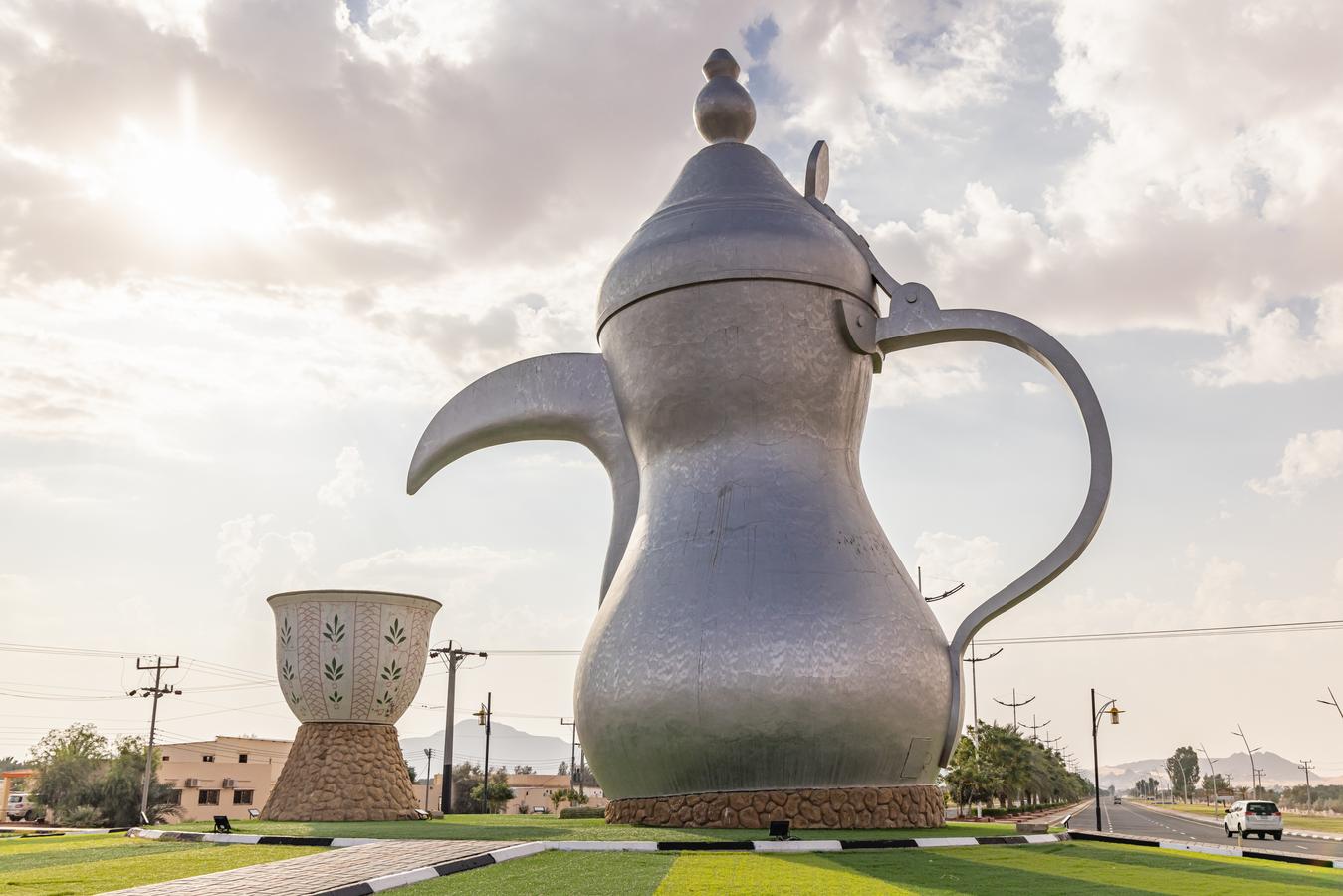
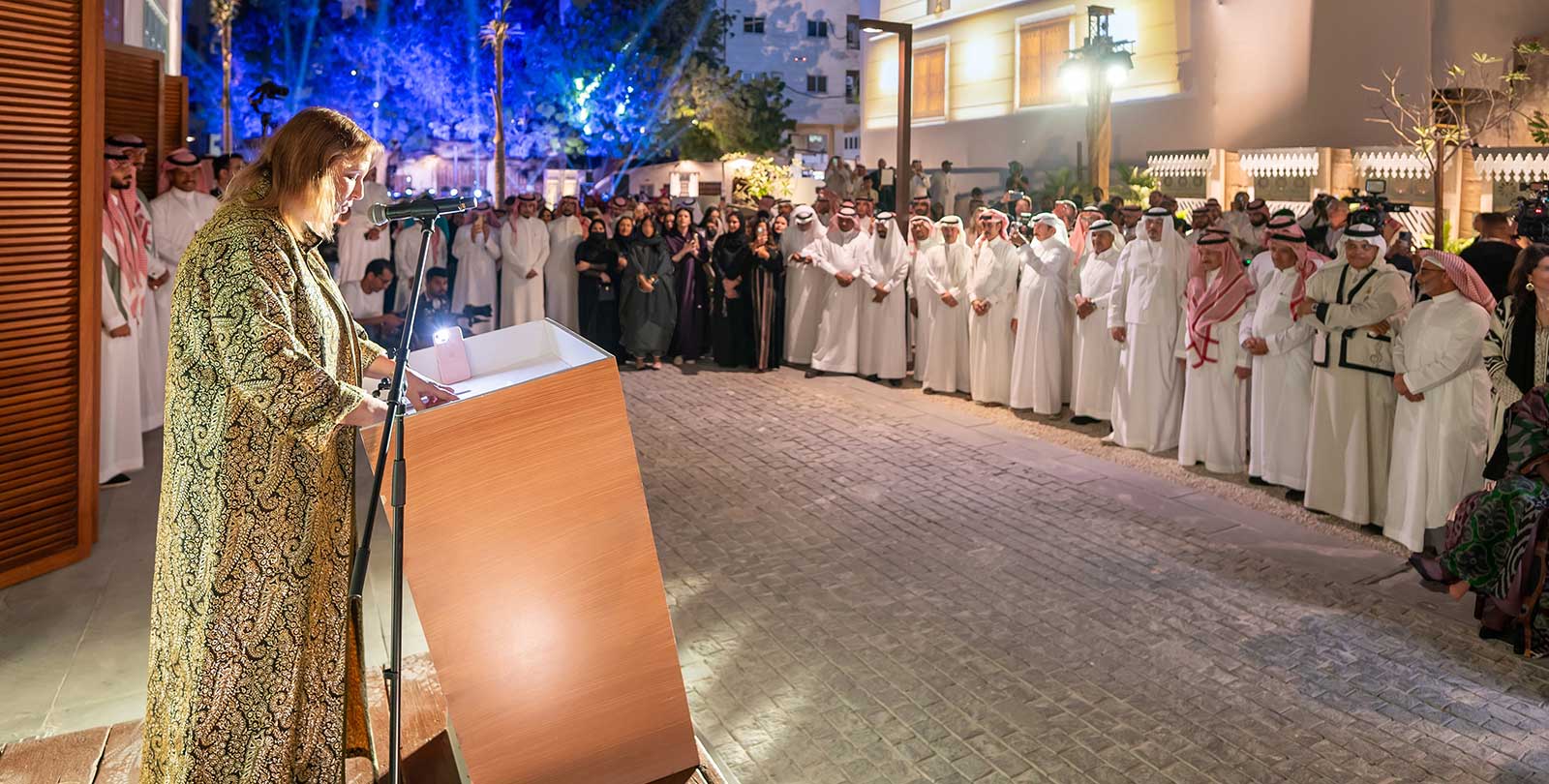
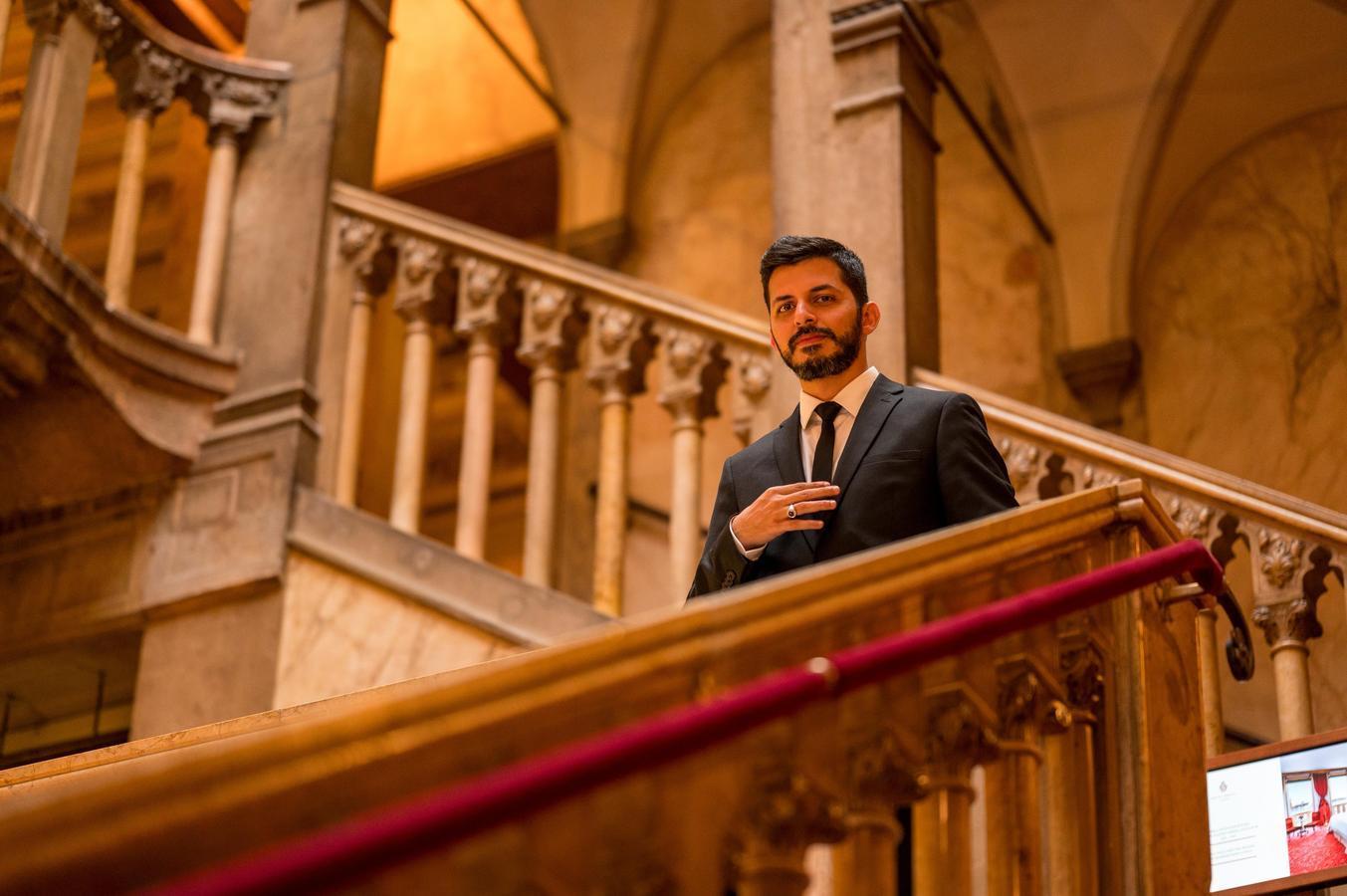
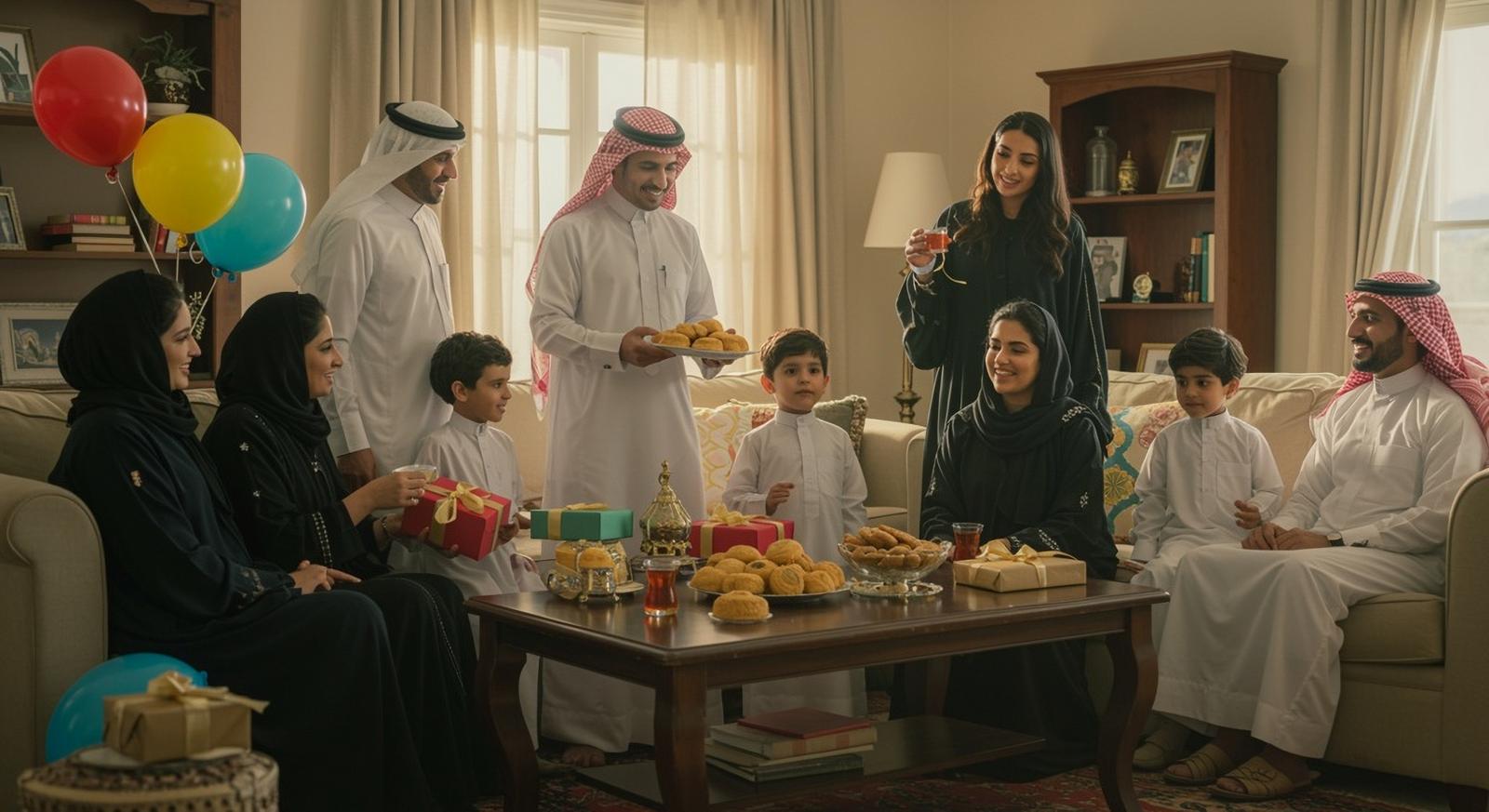
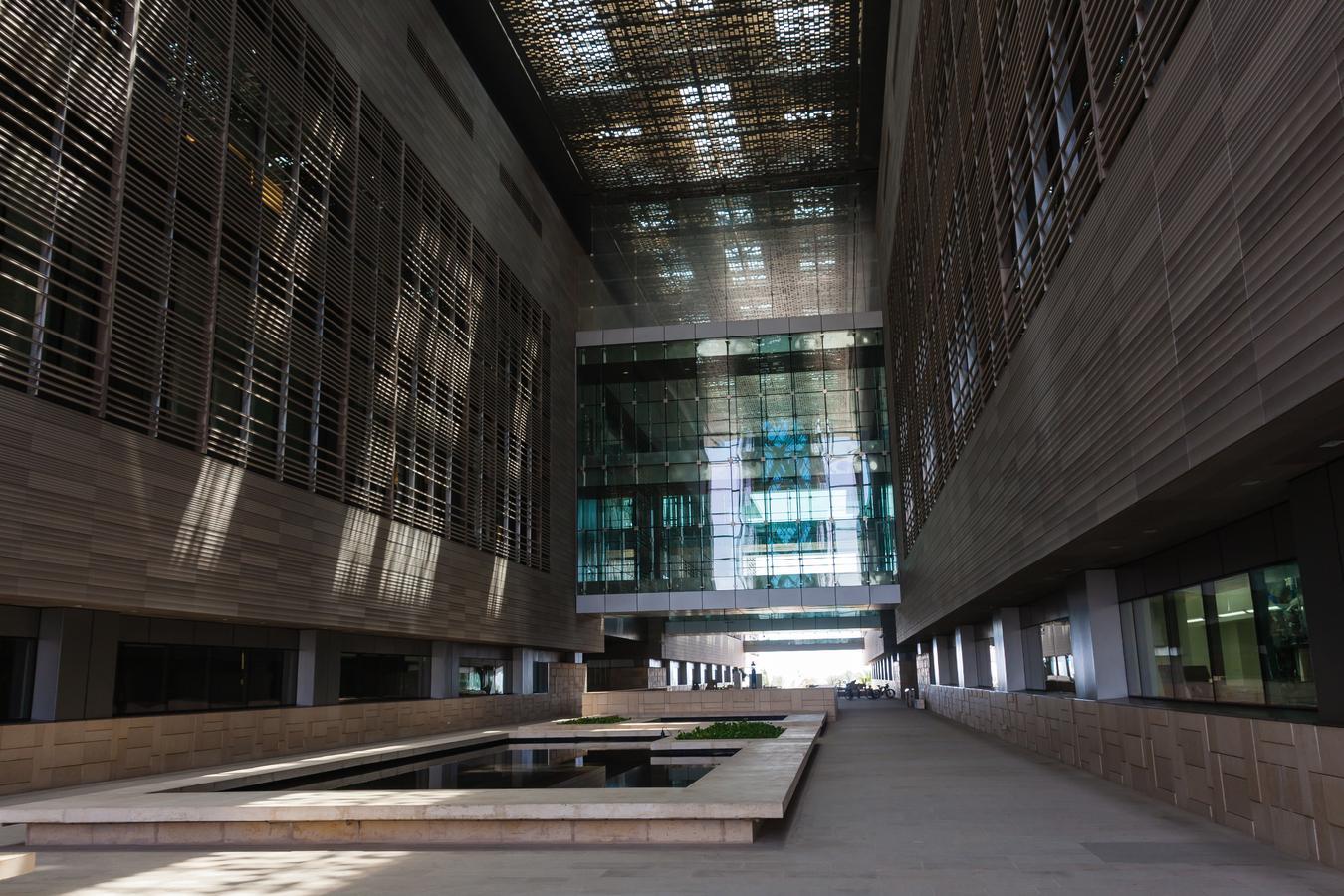
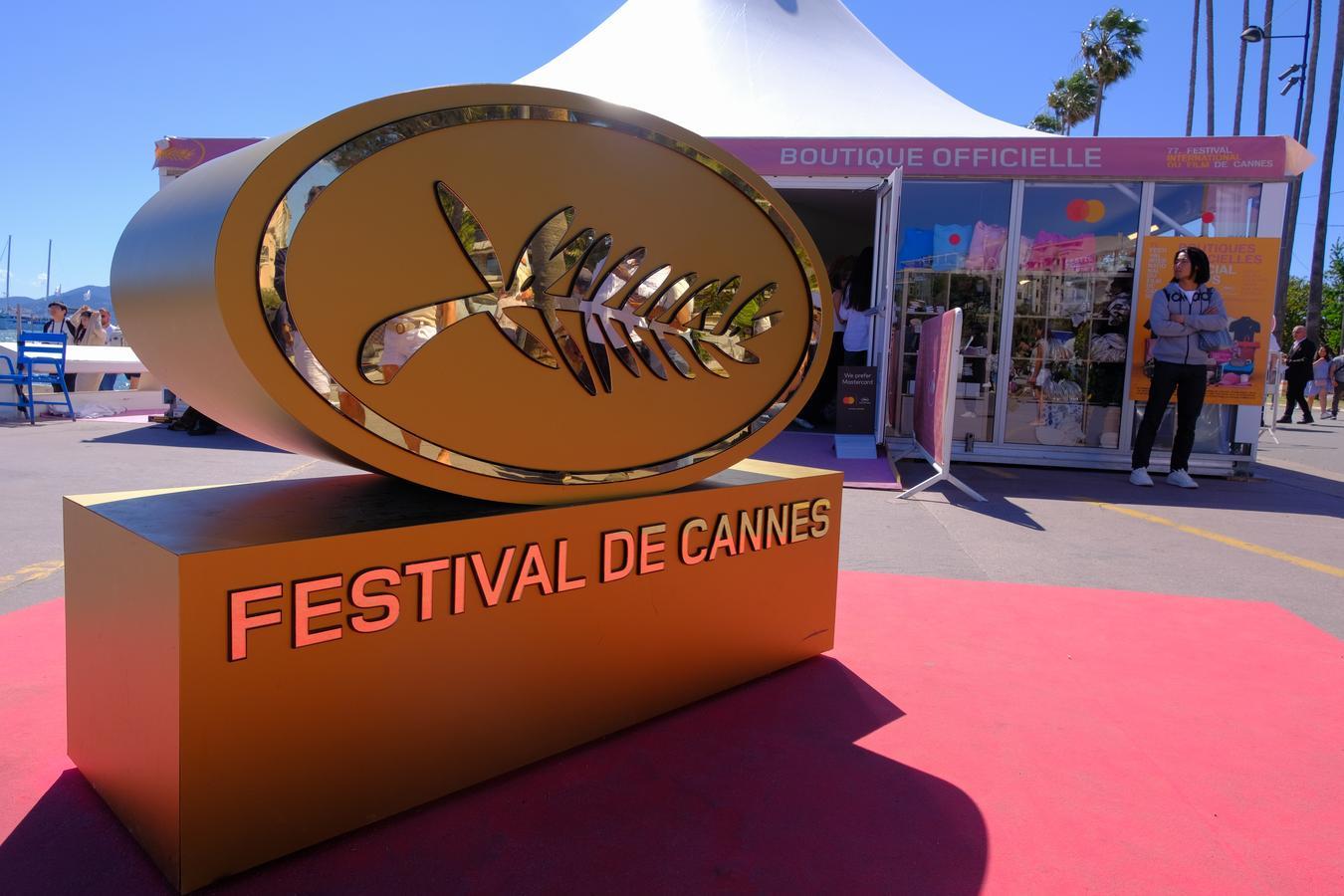
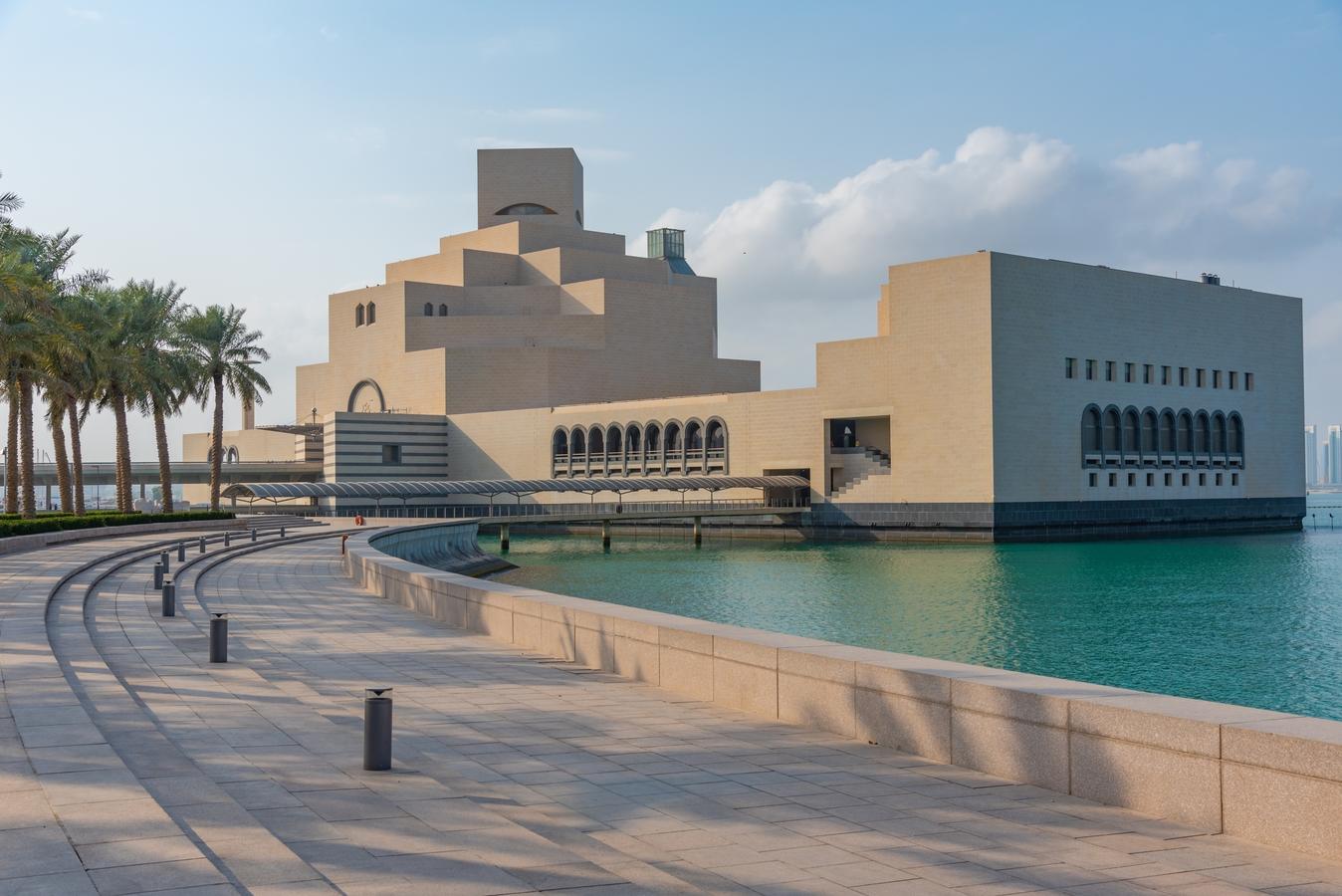
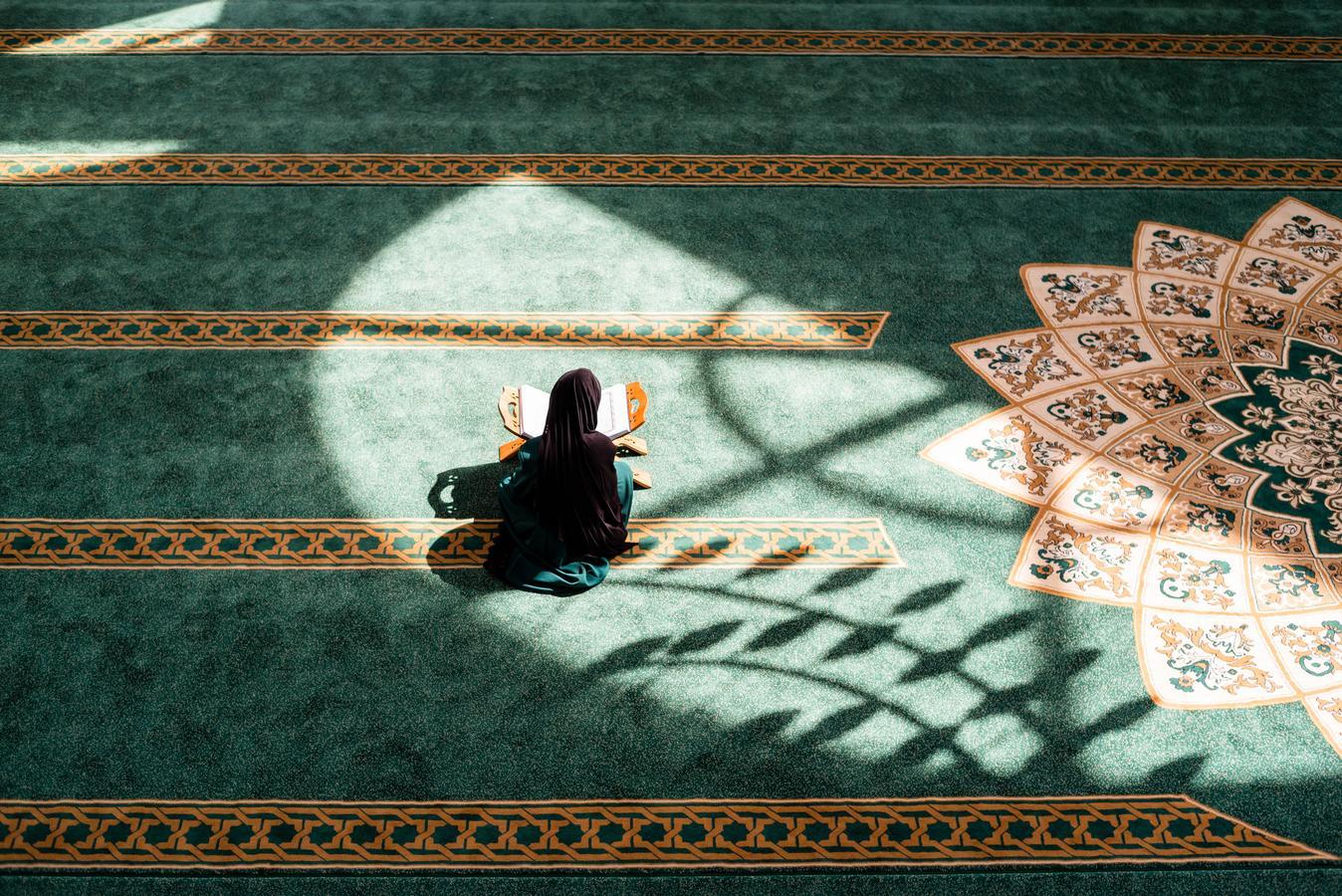
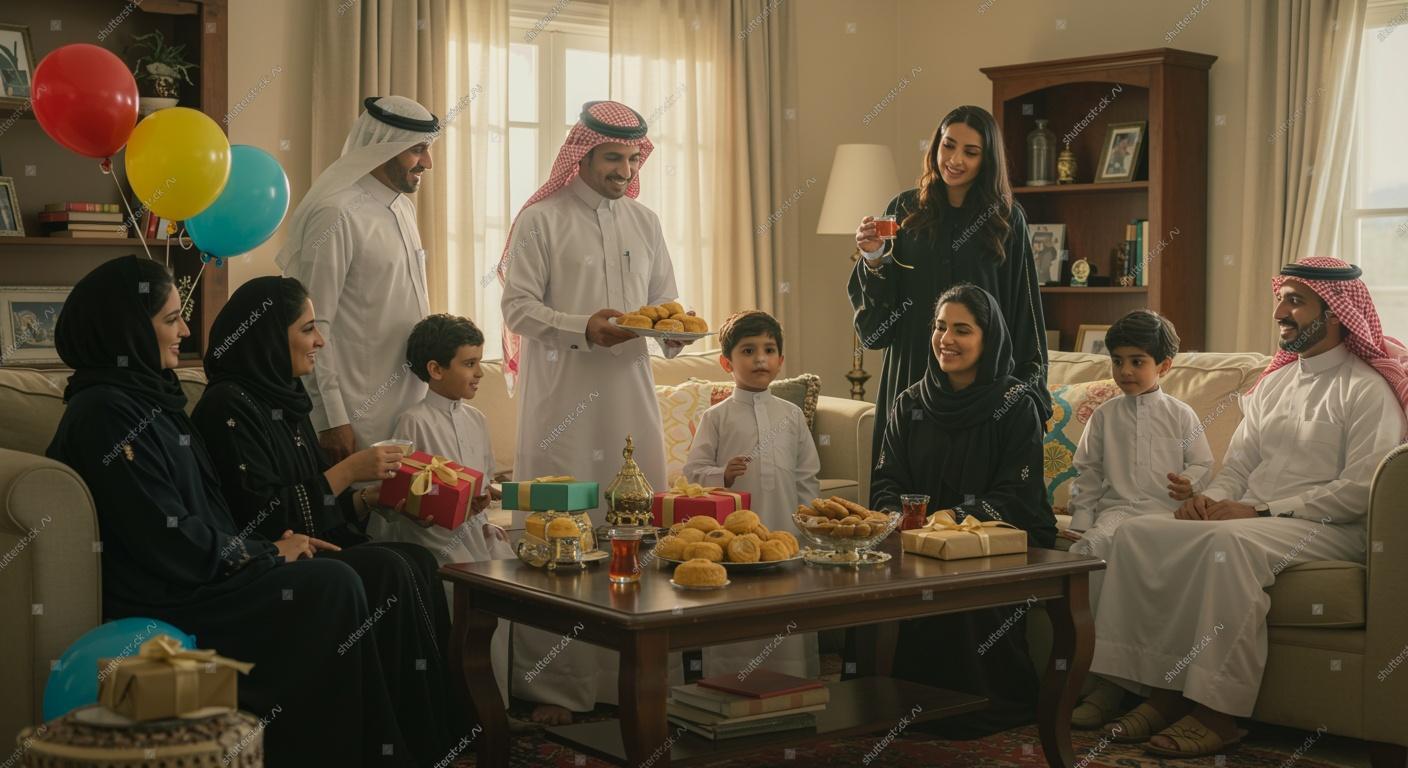
0 Comments
No comments yet. Be the first to comment!